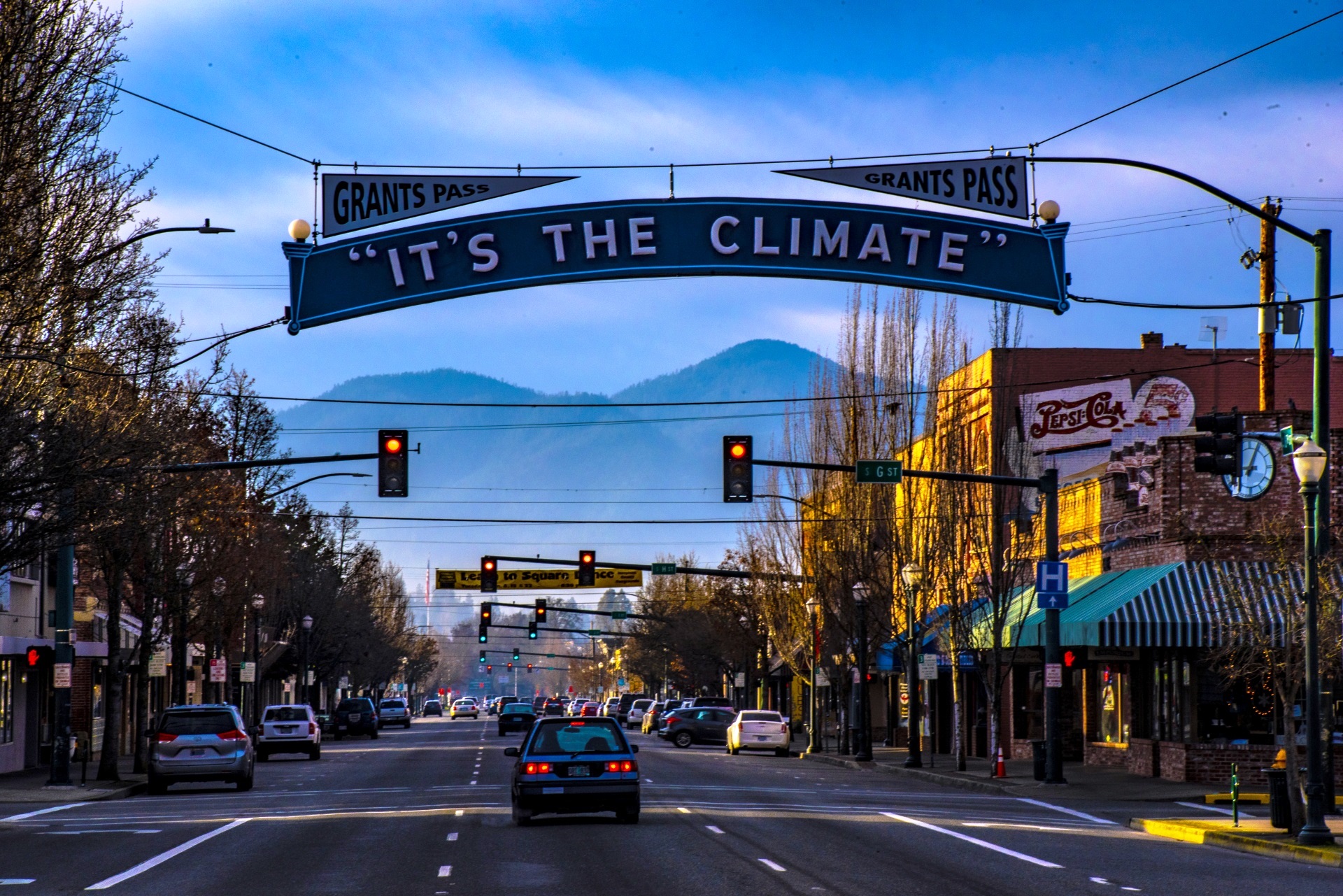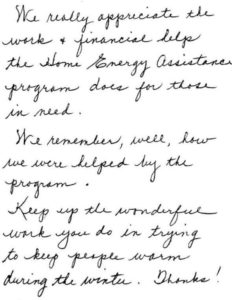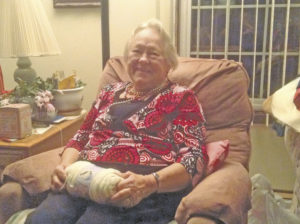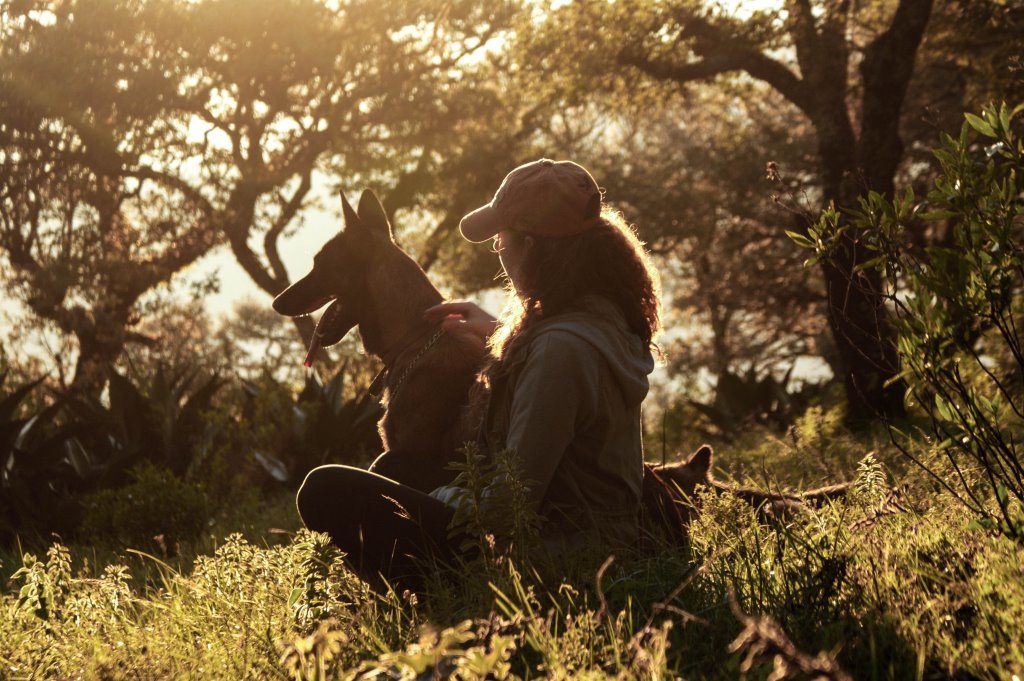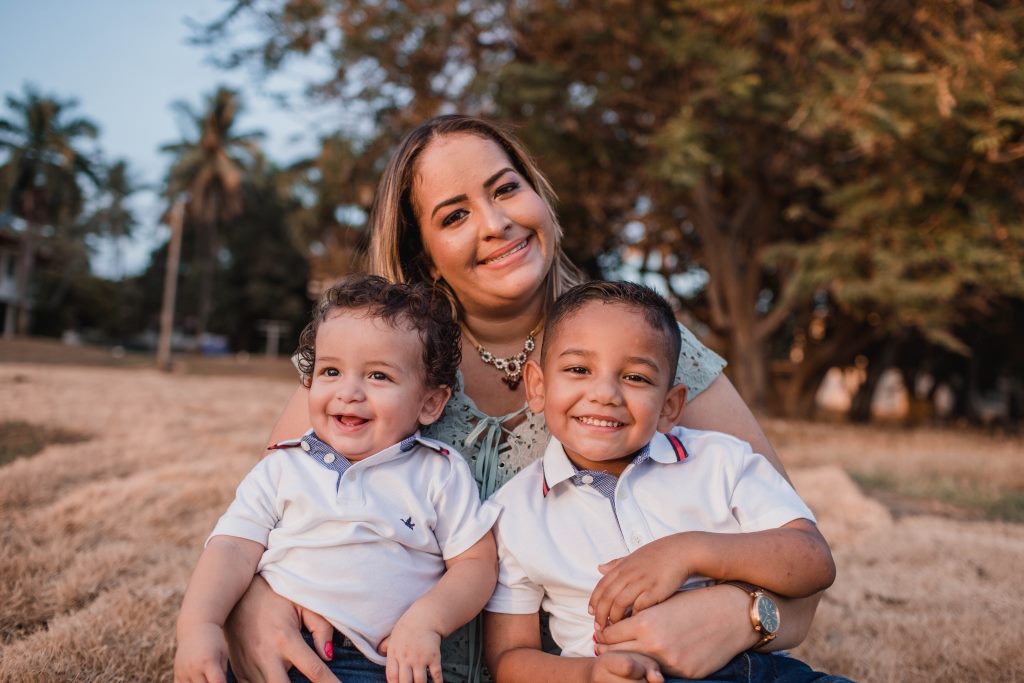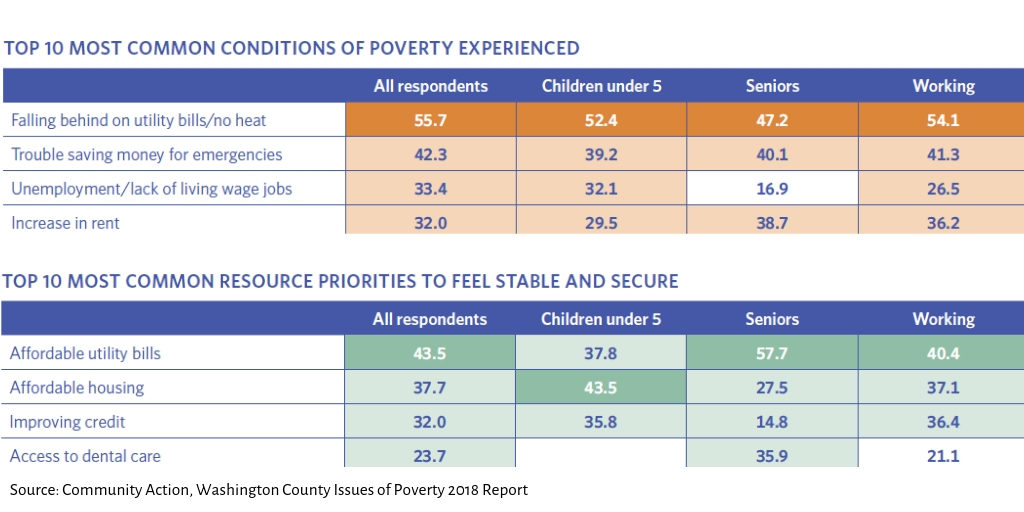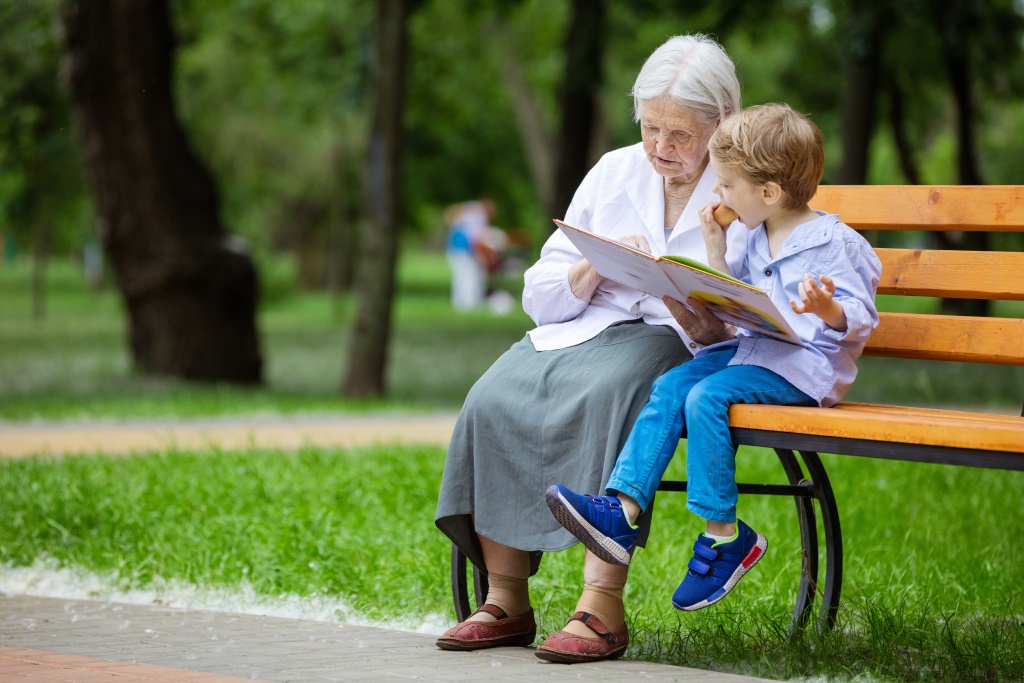Finding energy assistance in Oregon can be a challenge sometimes. Oregon Energy Fund provides energy assistance funds to nearly 40 community agencies across the state, and we encourage anyone who needs help paying their energy bills to start here. Because of high demand, however, our partners don’t always have appointments or funding available. What then?
Fortunately, there are many other local organizations that help low-income families pay their household bills. To help you in your search, we’ve put together a list of some of the best places to find energy assistance in Oregon.
Please note that most of these organizations are not official partners of Oregon Energy Fund. We cannot guarantee the existence of dedicated energy assistance funds.
General Energy Assistance Resources
211
211 is a statewide hotline that connects Oregonians with resources for energy assistance, rental assistance, employment, shelter, food, health care, and more. You can call the hotline directly by dialing 2-1-1 on any phone. You can also go to www.211info.org and enter your zip code to find resources in your area.
Churches & Community Centers
Sometimes you can find help right in your neighborhood. Many churches and local community centers have funds that can be used to help community members in crisis, and can also provide support and counseling if needed. Most Community Action organizations also provide energy assistance.
LIHEAP, OEAP, & WAP
The Low-Income Home Energy Assistance Program (LIHEAP) and Oregon Energy Assistance Program (OEAP) are government-funded programs that provide energy assistance to low-income households. LIHEAP & OEAP are available throughout Oregon; click here for a list of local offices.
Another government program is the Weatherization Assistance Program (WAP), which fixes drafts and leaks and helps lower your electric bill by making your home more energy efficient. You can see agencies that offer weatherization in Oregon here.
The Salvation Army
The Salvation Army is an international charity organization that assists around 23 million Americans each year. In addition to food pantries, thrift stores, and emergency shelters, many Salvation Army locations also have reserve funding for energy assistance. Click here to find a Salvation Army near you.
Society of St. Vincent de Paul
The Society of St. Vincent de Paul is a volunteer-run Catholic organization that provides a variety of services to help low-income families with food, rent, and utilities. A national organization, SVDP operates a number of chapters in Oregon, including (but not limited to) Bend, Redmond, Prineville, Grants Pass, Roseburg, Eugene, Salem, Portland, and McMinnville.
Your Local Utility
It’s true! Many utilities offer assistance programs or payment plans for low-income customers. If you’re falling behind on your bill, it’s a good idea to give your utility a call and let them know you’re having trouble, especially if you have a medical condition that is reliant on electricity. Find yours below or do a Google search for “[Utility Name] Bill Assistance.”
Additional Energy Assistance Resources by County*
Clackamas County Energy Assistance
Clatsop County Energy Assistance
Columbia County Energy Assistance
HOPE of Rainier (Columbia Pacific Food Bank)
Turning Point Community Services
Gilliam County Energy Assistance
Jackson County Energy Assistance
Jackson County Fuel Committee (wood only)
Klamath County Energy Assistance
Oregon Human Development Corp.
Lane County Energy Assistance
Campbell Community Center (seniors only)
Lane County Senior & Disabled Services
Malheur County Energy Assistance
Malheur Council on Aging and Community Services
Marion County Energy Assistance
Mid-Willamette Valley Community Action
Multnomah County Energy Assistance
Community Energy Project (Weatherization)
Polk County Energy Assistance
Mid-Willamette Valley Community Action
*If you’re aware of any additional organizations that provide energy assistance in Oregon, please let us know so we can add them to this list!
PS. While you’re looking, check out our list of 10 quick and easy ways to save on your electric bill right now.
